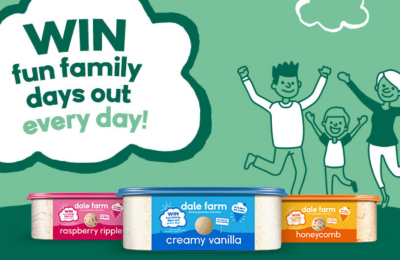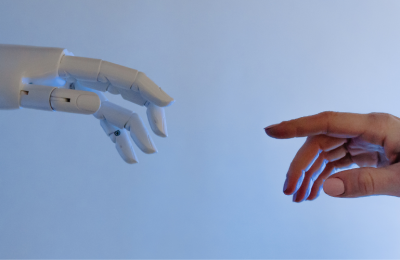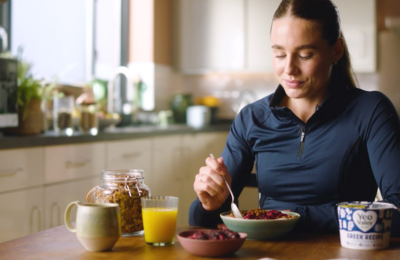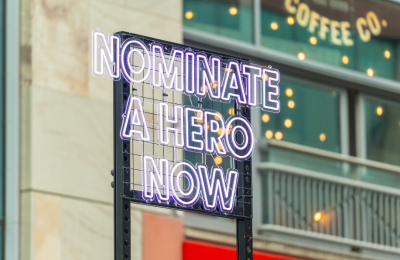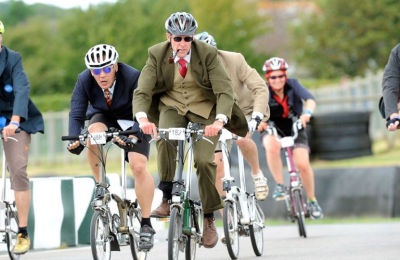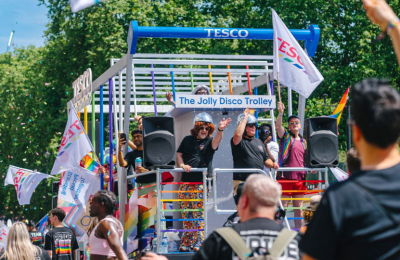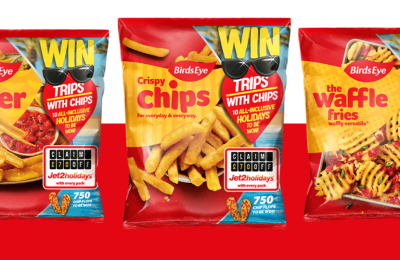The IPM has been vociferous in their challenging of the recent Government action on HFSS advertising, stating that other, perhaps more challenging routes have been ignored.
However, has this attention to the physical wellbeing of children overshadowed a less visible issue? As PHE launches the UK’s first mental health campaign targeting children and young people we shine a light on an area of concern that warrants just as much attention.
Charlie Hills of Mando Connect is the Vice-Chair of the IPM’s Incentive, Prize & Loyalty Community. She states that “According to the latest YouGov data, 92% of British parents think it’s important to talk about mental health. The latest campaign from PHE is a great step forwards, in supporting those parents help to address that desire and give them the support they need to help improve the mental wellbeing of their family. The loyalty industry has a great opportunity to step up too; help parents even more.
Some loyalty programmes are already making good moves in this direction. M&S Sparks (https://www.marksandspencer.com/joinsparks) donates to members’ chosen charity every time they swipe. They support a broad range of charities, including ones that focus on mental wellbeing such as Mind (https://www.marksandspencer.com/c/sparks-charity-thank-you). The Co-Op loyalty programme has also long enabled members to support charities and even programmes like bpMe have started doing this in 2020, in response to an increased need from members.
In Jan 2020 we conducted research with YouGov to understand what Brits wanted from loyalty rewards – in Jan 2020 (pre lockdown) 83% of Brits wanted loyalty rewards to save them money, 53% wanted rewards that were treated for themselves and 28% wanted rewards that could help others. We haven’t conducted the research since January this year, but I anticipate that far more than 28% of Brits are in that camp now. By offering rewards that help others, in particular those that focus on the wellbeing of children, loyalty programmes can build more authentic and deeper relationships with their members, meet and serve their members’ needs better, contribute to the wellbeing of society now and in the future, and ultimately do the right thing.”
Sophie Chambers of Cloud Nine and the Chair of the Incentive Prize & Loyalty Community adds “Mental well-being needs a more long term approach which is where loyalty schemes are better placed than on-pack shorter-term promotions. With a long term solution, this kind of schemes could actually make a difference. Promotions could offer well-being type prizes as Bodyform has done in the past but obviously these kinds of prizes are not appealing to children. They would want the shiny, fun prizes and although you could argue that winning a prize does make someone feel happier and better, it’s only in the short term. Instead, brands could be using their power of exposure to increase awareness for charities and look at ideas such as per pack donations and approach the subject in that way. They can then maximise on their far reach to signpost to the relevant mental well being.”
The fact that we are even discussing mental health amongst children and how our industry can support and champion this is a massive step forward. To borrow a phrase from Charlie Mackesy, author of The Boy, the Mole, the Fox and the Horse to whose words the film by PHE is set “One of our greatest freedoms is how we react to things.”
It would make the boy, mole and the horse incredibly proud if the industry continued this emotional investment for a long, long time.

